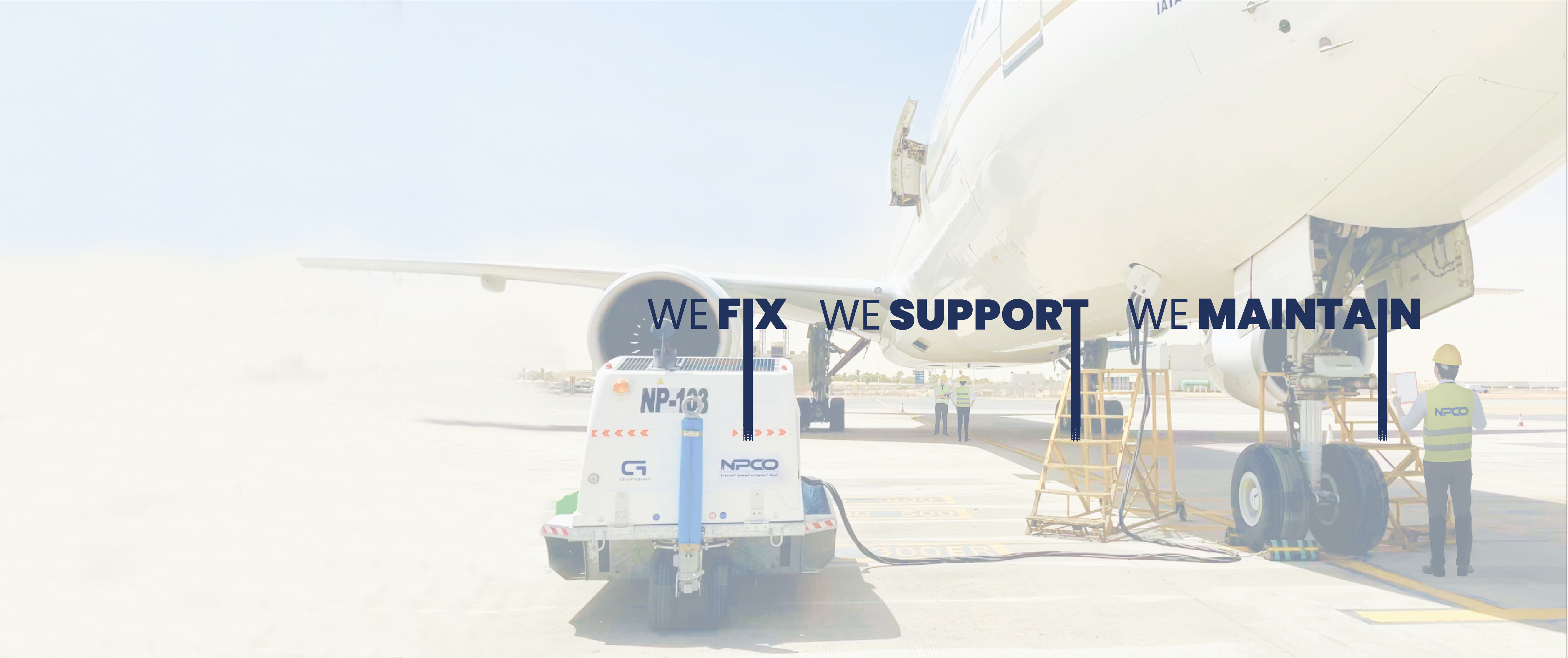Aircraft Line Maintenance Services

Ensuring Soaring Safety: The Paramount Importance of Aircraft Line Maintenance Services
Keyword: Aircraft Line Maintenance Services
In the dynamic and fast-paced world of aviation, ensuring the safety of all the passengers as well as the crew members is paramount. Ensuring the best safety standards for the aircraft is crucial because the loss that comes from negligence will be huge. It is when the role of aircraft line maintenance services stands tall whenever there is a debate about guaranteeing the smooth operation and airworthiness of the aircraft. Line maintenance is the frontline approach against such potential issues that might compromise safety. The competence and importance of line services can’t be overstated.
In this blog post, we delve into some of the advanced line maintenance services that are used constantly in current scenarios all around the world to ensure the smooth performance and safety of aircraft.
What are Line Maintenance Services?
Line maintenance may seem like a technical term, talking about the functionalities of complex aircraft parts, apart from this, it involves the routine tasks that are conducted on an aircraft at the airport. These tasks ensure the airworthiness of the aircraft between flights and ensure the safe and reliable operation of the aircraft. These tasks are carried out by certified maintenance personnel known as line maintenance technicians or engineers. Here are some advanced aircraft line maintenance services:
Avionics Testing and Troubleshooting:
Avionics refers to the electronic systems on an aircraft. Some of the advanced line maintenance services for aircraft are, testing and troubleshooting avionics equipment such as communication, navigation, and radar systems.
Non-Destructive Testing (NDT)
As the name suggests, this is one of the most crucial aircraft line maintenance services is Non-destructive Testing, which is capable of detecting hidden faults in critical components that may cause damage.
Aircraft Health Monitoring
Utilizing real-time data and advanced sensors is a technological advancement to measure the health of aircraft during flights and to assume any technological threat in the aircraft system. This enables predictive maintenance, helping to identify potential issues before they become critical.
Engine Boroscope Inspection
This involves using a boroscope to visually inspect the interior of an aircraft engine without disassembling it. It helps identify potential issues such as wear, damage, or foreign object debris.
Winglet and Wing Surface Inspections:
Inspections of wing surfaces, including winglets, are crucial for aerodynamic efficiency because wings are the base of successful flights of an aircraft. Technicians check for damage, corrosion, and proper alignment to maintain optimal performance in this aircraft line maintenance service.
Emergency Equipment Checks:
This includes verifying the functionality of emergency equipment, such as escape slides, oxygen masks, and fire extinguishers for times of emergency.
Fuel System Maintenance
Fuel system is one of those factors, we often come to hear, that cause numerous flight crashes. Thus ensuring the proper functioning of the fuel system of an aircraft is both a crucial and critical job. Advanced maintenance includes tasks such as fuel quantity calibration, fuel system leak checks, and inspection of fuel lines and components.
Cabin System Maintenance
This involves checking and maintaining various cabin systems such as air conditioning, pressurization, and entertainment systems. Any issues affecting passenger comfort or safety are addressed during line maintenance.
Conclusion:
Finally, innovative aircraft line maintenance services are critical to maintaining the safety, dependability, and operating efficiency of modern aircraft. The incorporation of cutting-edge technology such as avionics testing, non-destructive testing, and real-time health monitoring demonstrates the aviation industry's commitment to staying ahead of the competition. From composite repairs to engine checks, skilled technicians ensure compliance with high regulatory criteria. The emphasis on predictive maintenance and the rigorous evaluation of important components demonstrate the industry's commitment to addressing possible faults ahead of time. Advanced line maintenance develops as a cornerstone in the dynamic world of aviation, ensuring the integrity and functionality of aircraft systems.

 Aviation
Aviation Marine
Marine Railway
Railway Knowladge Base
Knowladge Base